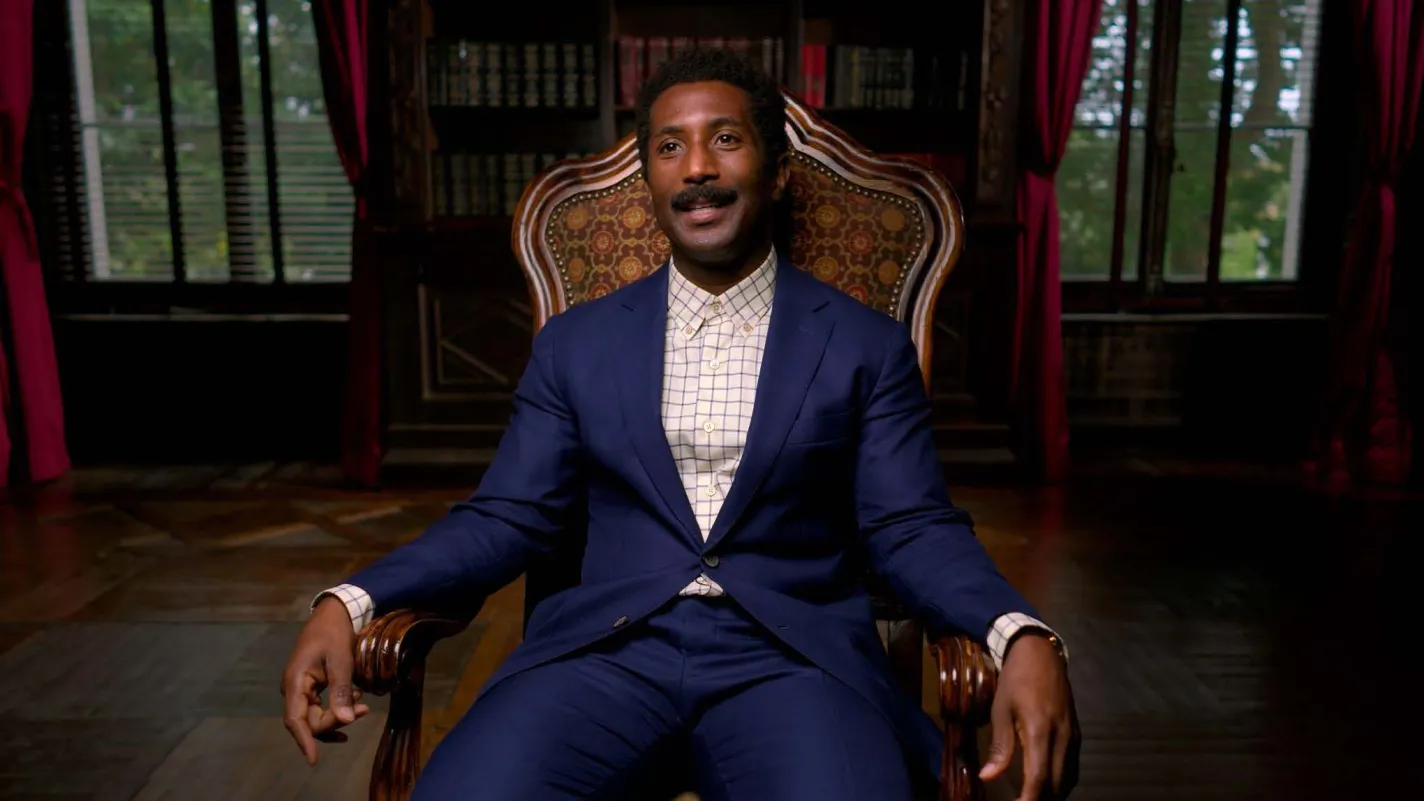
Tribeca Review: Black Table
By Katie Carter
1994 saw the highest number of Black students enrolled in Yale in the university’s history. But that statistic didn’t necessarily indicate increased inclusivity on campus. Enrollment among Black students at Yale peaked in 1997. Many of those Black students chose to band together, sitting at a table in the school’s lavish grand hall that was soon dubbed the “Black Table.” In an institution designed for and predominantly populated by white people, Black students managed to carve out a safe and joyful space for themselves.
There’s nothing revolutionary about the filmmaking in Black Table, the documentary directed by John Antonio James and Bill Mack, which employs a standard talking heads format punctuated by film clips and reunions that gather some of that class of Black students together, although there is some lively intercutting between subjects that maintains a bright and engaging pace (a heavy parallel is drawn between the violent pizza shop scene from Spike Lee’s seminal 1989 movie Do the Right Thing and an incident with some of the Black students visiting a pizza shop near their campus, and the filmmakers cut back and forth between the two as the story unfolds). If anything, its routine structure occasionally underwhelms the vital information it’s presenting: that with the 2023 Supreme Court repeal of affirmative action in university admissions, colleges can no longer consider race as a factor in their admissions, an intentional effort when it was adopted, as pointed out by Dr. Beverly Daniel Tatum, to include those who had previously been excluded. This is particularly noticeable in a couple of moments that feel overly engineered to pull on the heartstrings (when alum and tech CEO Sheldon Gilbert returns to his homeland, the Caribbean island Saint Lucia, to kick off a nonprofit vocational school and breaks down while hearing out the concerns of young Black students there who don’t receive the resources and fair opportunities they deserve), but regardless, Black Table and its subjects aren’t lacking in sincerity, and for the most part, it remains a thoughtful rumination on the complexities and specificities of the Black experience, buoyed by the personalities and knowledge of the interviewees. The highs and lows of applying to and being admitted into colleges are encapsulated by their stories; Nicole, Yale class of 1997, for example, recalls telling her high school counselor her dream school was Yale, and her counselor responding, “You won’t need to worry about that” (as in, she didn’t believe she would go to college). Sheldon, meanwhile, talks about the day he arrived at Yale; his introduction to the climate at the school was his father putting out his hand to shake the hand of his white roommate’s father, and the latter refusing to shake the hand of a Black man.
Among the other former graduates interviewed are Pulitzer Prize-winning New York Times critic Wesley Morris and scholar and Harvard professor Imani Perry, who tie their memories of their Yale experience to their identity as Black Americans and their current lives and careers, and the struggle to walk the line between being themselves and not wanting to appear as a stereotype. Black Table also ably reaches across time, opening on a graduate of 1952 and former Tuskegee airman walking the campus grounds and tying the tense cultural divide in the early 1990s following the race riots to America’s current racial reckoning post-George Floyd’s 2020 murder. Archival footage of advertisements, news reports, and talk shows presented alongside new conversations with experts describe the origins and history of affirmative action (controversies over supposedly qualified white people being denied admission because schools had a quota of Black students to meet leading to outlandish claims of reverse discrimination), ultimately posing the question: with affirmative action no longer in effect, what will be the impact not only on Black students striving to be admitted to these Ivy League schools, but by extension, on Black Americans at large? What spaces could they potentially be shut out of? Black Table doesn’t have any concrete answers, but, in this case, just posing those questions to audiences goes a long way. Like the actual Black Table at Yale in the 90s, it provides a safe and supportive space for these concerns to be aired, celebrating Black excellence and the accomplishments of these alums who are continuing to change the world in big and small ways, while serving as an urgent piece of cinematic activism.
Black Table had its world premiere at the 2024 Tribeca Film Festival on June 8. Runtime: 93 minutes.
READ ARTICLE ON KATIEATTHEMOVIES.COM
BLACK TABLE (Tribeca 2024)
A vital lesson in excellence By Liz Whittemore Yale’s Class of 97′ boasted the largest admission
Black Harvest Film Festival 2024: Black Table
By Brandon Towns Attending the Black Harvest Film Festival feels like a rite of passage—a celebrat
Tribeca 2024: Black Table
By Allison Brown In riveting political documentary Black Table, co-directors John Antonio James and



